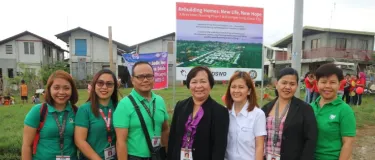Communities
At Holcim, we are committed to making a positive social impact as we grow our business.
We strive to be a trusted corporate citizen and contribute to the social and economic development of the communities in which we operate. In 2018, we launched Holcim Helps to better communicate our promise to help build progress for people.
As an integral part of the community and a good neighbor, we help impact communities by providing job opportunities, supporting projects for housing and infrastructure, education and skills development and health and sanitation , promoting environmental protection and boosting culture in the local communities. These Holcim Helps programs have benefitted around two million people in our local communities.

Housing and Infrastructure
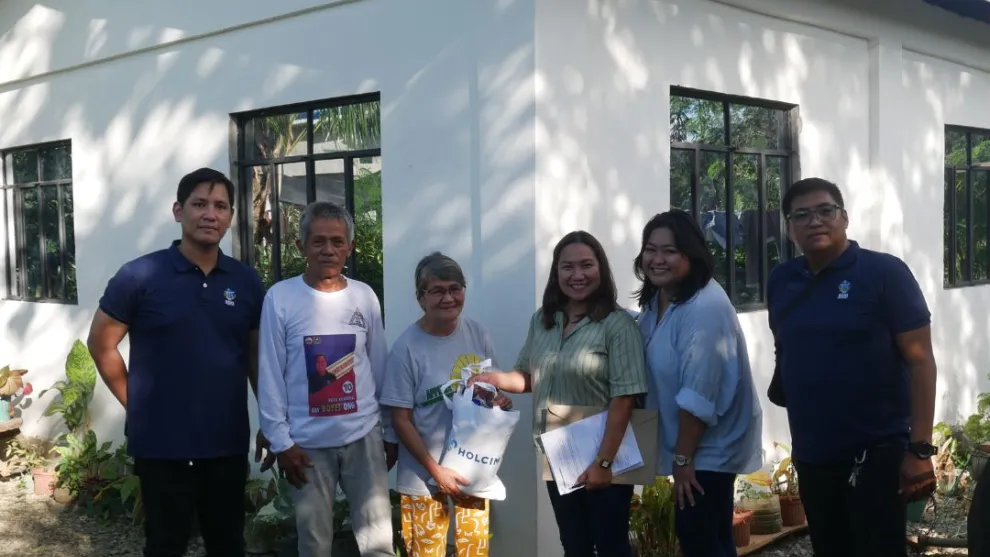
Holcim has supported our communities and partners build essential structures for people. Our company has participated in housing projects across the country and has supported our neigbors in building water systems, roads, community centers and waste management facilities
Education and Skills Development
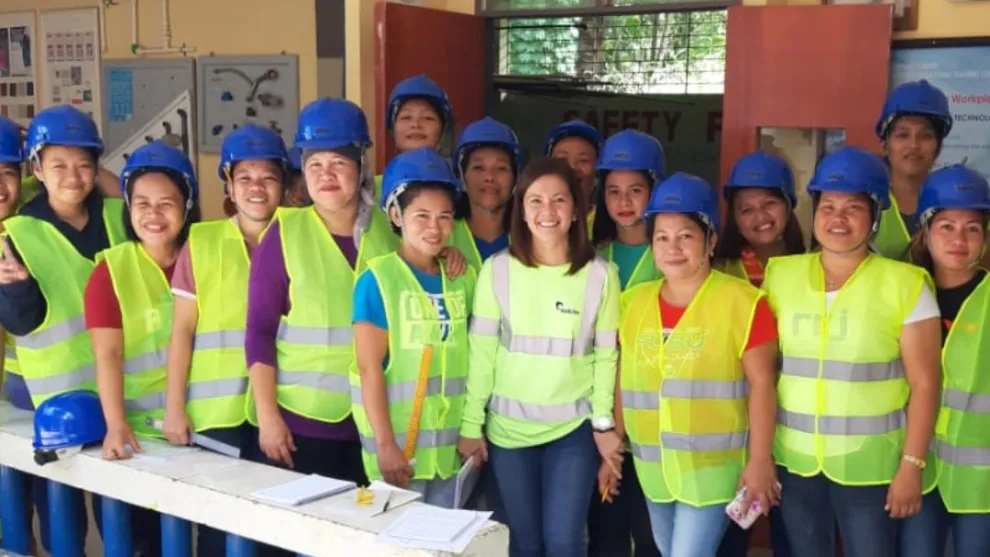
Our education programs include providing scholarships to deserving students and building of classrooms and daycare centers in our communities. We also mobilize employees and partners to participate in preparation of public schools for annual opening of classes. Finally, we work with local government on disaster resilience preparation for the community.
Health
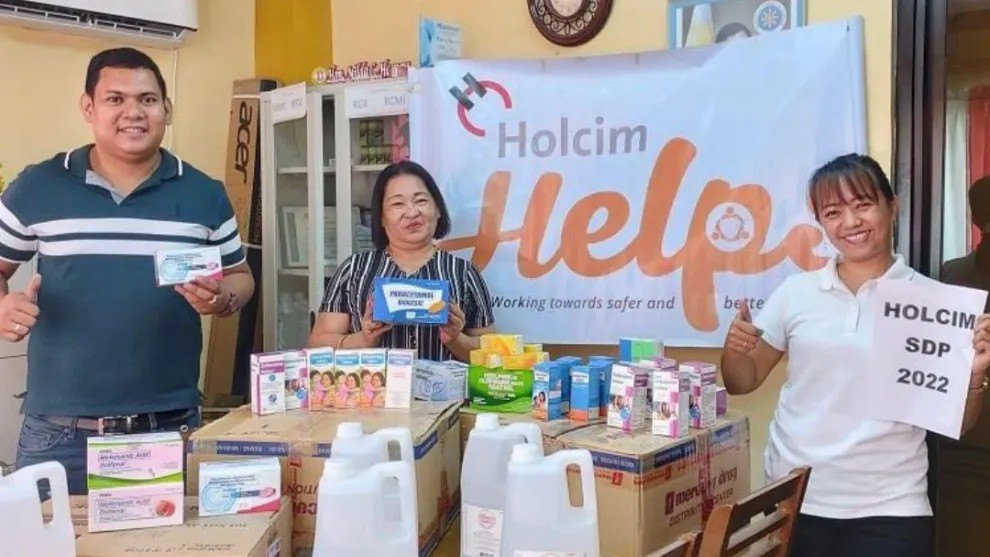
To support better health of our neighbors, we support medical and dental missions nutrition programs by partners. We also donate medical supplies and equipment to the local government and contribute to building water, sanitation and health care facilities in our communities.
Environment and Culture
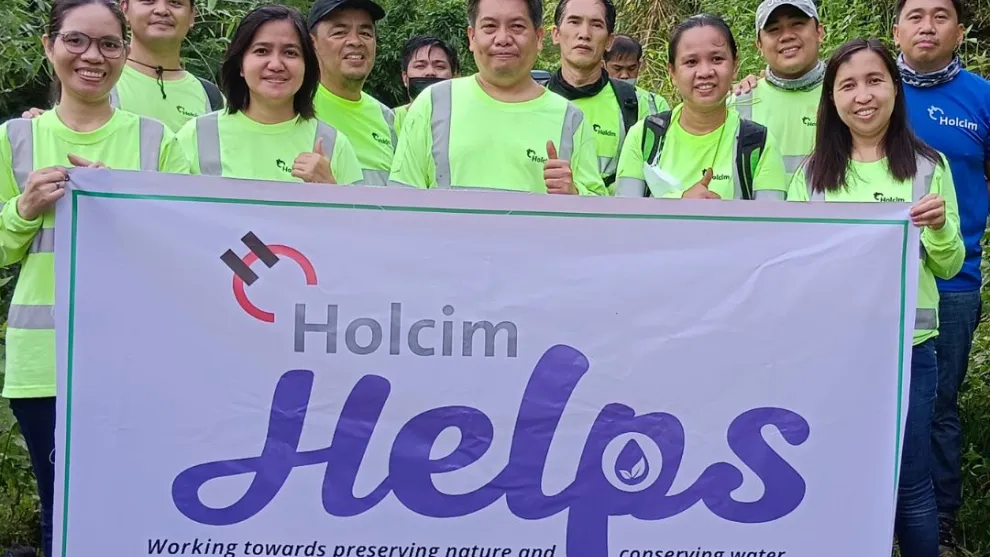
Our company participates in annual community celebrations and encourage employees to join volunteer programs for the environment such as tree planting and cleanups of bodies of water.
Commitment to Human Rights
Respect for human rights is fundamental to the way we carry out business and our ability to operate. As such, we are committed to respecting and promoting human and labor rights in our operations, business activities and relationships and in the communities where we work. This commitment is encapsulated in our Human Rights and Social Policy, Human Rights Directive and Human Rights Approach.
Our commitment is aligned with the principles and values in the United Nations Guiding Principles on Business and Human Rights, the Organization for Economic Cooperation and Development for Multinational Enterprises, the International Bill of Human Rights and the International Labor Organization's Declaration of Fundamental Principles and Rights at Work, and the UN convention on the Rights of the Child as well as applicable laws.
Holcim Philippines takes this commitment to heart, mindful of our impact on people where w do business. Every three years, we conduct a Human Rights Impact Assessment (HRIA). This involves stakeholder consultations to determine our impact on stakeholders in the entire value chain. The consultations inform our action plans, which are are reviewed annually with findings immediately addressed.
The HRIA pays close attention to seven salient risk or those with severe negative impact to people. This list considers the most relevant to our operations but is not exclusive to other potential human rights risks:
- Health and Safety
- Working conditions in our operations and supply chain;
- Discrimination and harassment;
- Security-related abuses and violations;
- Child labor in high-risk supply chains;
- Dust change; and
- Climate change and its impacts
- Our consultations cover employees, contractors/vendors, local authorities, and neighboring communities, various sociocivic groups and customers. In 2022 and 2023, Holcim Philippines consulted 734 stakeholders in our four sites. Based on these, action plans have been developed and are being implemented with specific action owners and due dates. These action plans are reported and monitoed on a monthly basis to ensure that potential risks and actual impacts are immediately implemented or addressed.



